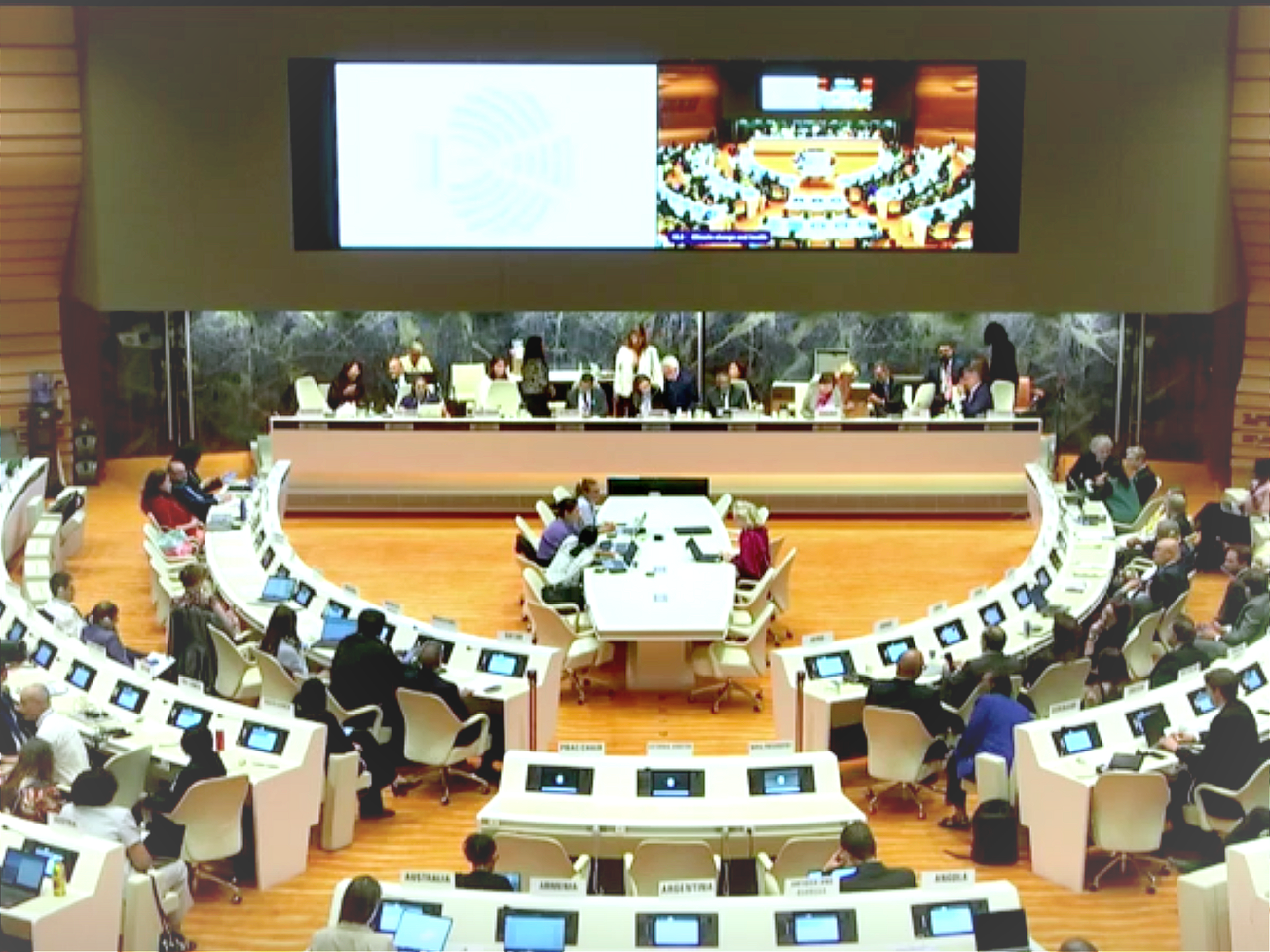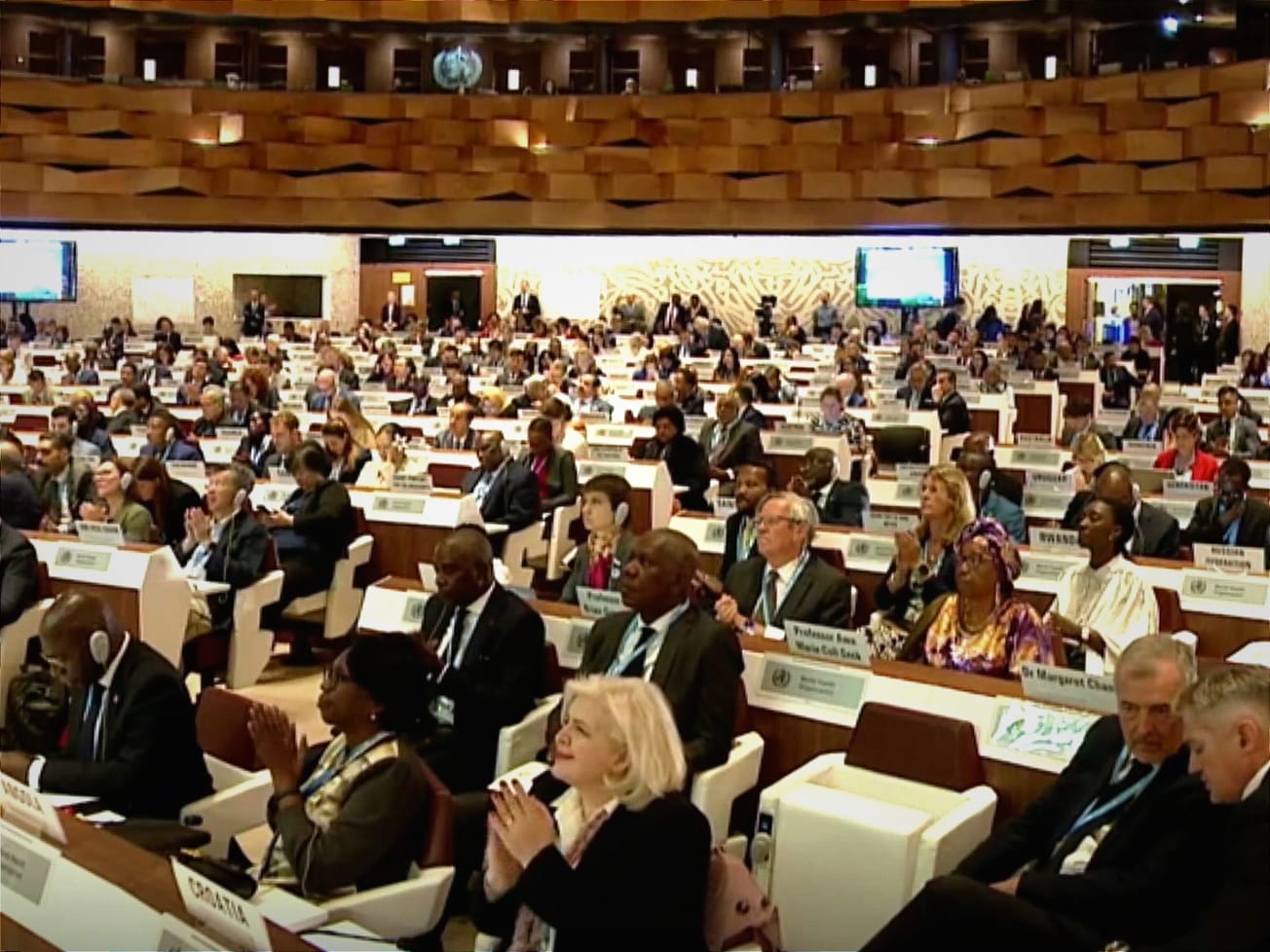GENEVA (AN) — Signs of global warming are everywhere, the World Meteorological Organization reported on Tuesday, in a global assessment that finds the world officially crossed the halfway point to a major climate crisis benchmark.
The U.N. weather agency's report on increasing land and ocean heat, accelerating sea level rise and melting ice confirmed 2019 ended with global average temperatures that were 1.1 degrees Celsius above estimated pre-industrial levels, second only to the record set in 2016 when a strong El Niño event contributed to an increased global mean temperature atop the overall warming trend.








